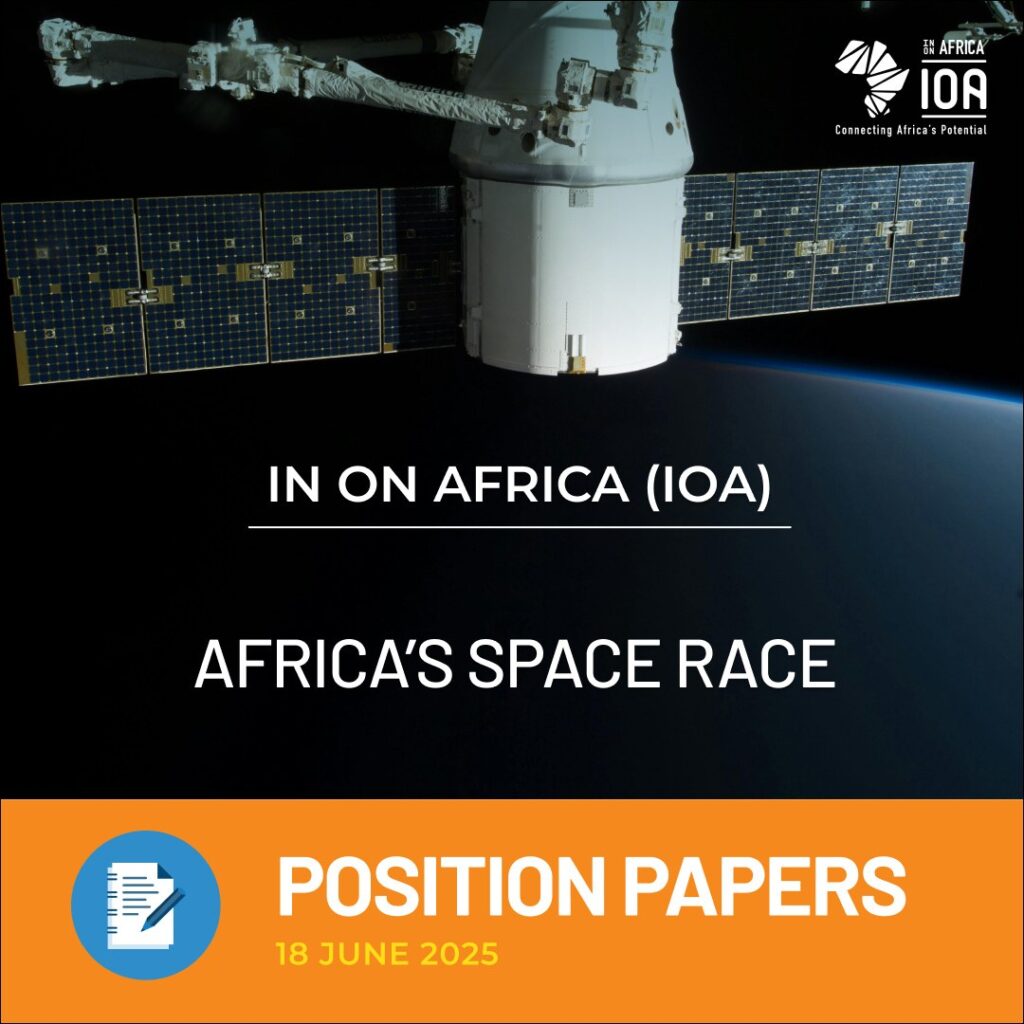Africa Accelerates Space Ambitions with Launch of Continental Agency
Africa is entering a new era in space exploration with the launch of the African Space Agency (AfSA) in April 2025, marking a bold step forward in the continent’s satellite ambitions. With 61 African satellites now orbiting Earth—up from zero just three decades ago—18 African nations are harnessing space technology to drive socio-economic growth, climate resilience, and innovation.
The rise in satellite deployment has been enabled by advances in nanotechnology, allowing countries to build and launch compact, cost-effective devices. These satellites, some as small as a shoebox, deliver critical data for natural resource management, weather monitoring, agriculture planning, and disaster forecasting.
AfSA aims to unify African space efforts, reduce costs through pooled resources, and increase Africa’s stake in the highly competitive orbit space. The agency has already signed cooperation agreements with international partners including the European Space Agency (ESA), UAE Space Agency, and Russia’s Roscosmos, facilitating astronaut training and launch support.
Speaking on the importance of the new agency, AfSA leaders emphasized the significance of homegrown capabilities in data ownership and technological independence. While Starlink alone has over 8,800 satellites in orbit, Africa’s 61 satellites serve specific national needs, supporting local development through earth observation, spectrum analysis, and geospatial mapping.
Despite challenges, Africa’s total 2025 space budget stands at US$426 million—a fraction of NASA’s US$25.4 billion or ESA’s US$8.7 billion. Countries like Nigeria, South Africa, and Kenya have increased investments despite currency pressures and economic headwinds. Nigeria is expected to spend US$60 million this year, while Kenya’s budget is US$3.61 million.
South Africa leads the continent with 13 operational satellites and a growing ecosystem of public-private partnerships. Companies like CubeSpace Satellite Systems and Pinkmatter Solutions are collaborating with the South African National Space Agency (SANSA), which successfully launched a sub-orbital rocket from Arniston in December 2024.
Other nations are also leveraging regional infrastructure: Kenya’s sea-based launch platform, built in 1962 by Italy, may be opened to other African nations via AfSA, lowering launch costs and boosting technical collaboration.
AfSA’s vision is clear: develop Africa’s capacity to generate, manage, and benefit from satellite data for transformative growth. With growing support from universities, private firms, and international allies, the continent is poised to turn its skyward ambitions into grounded progress.



